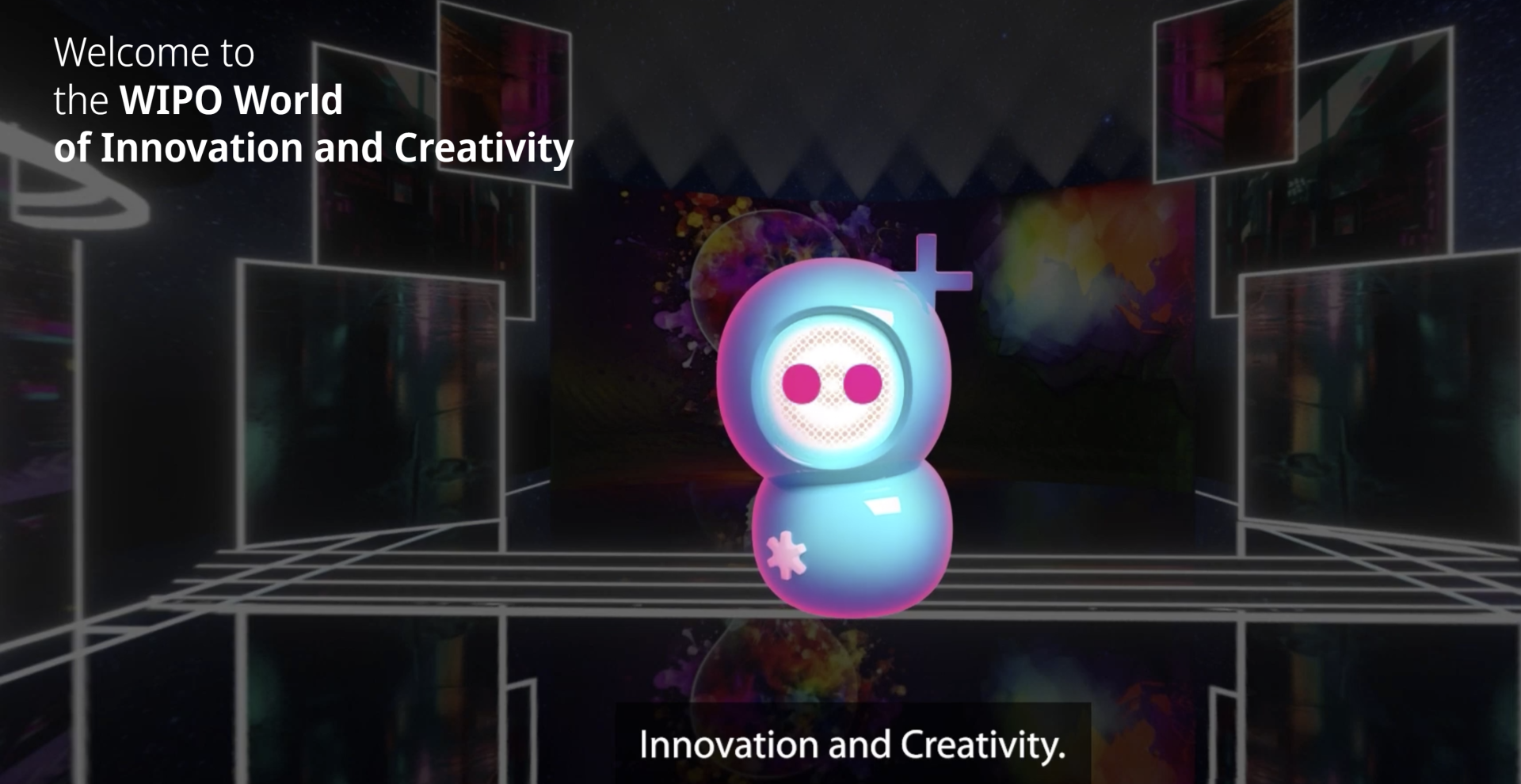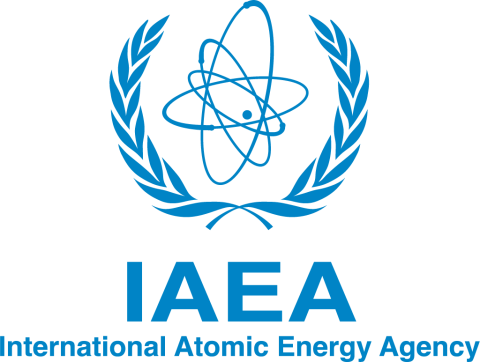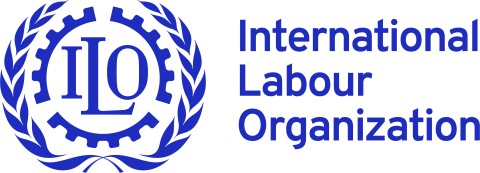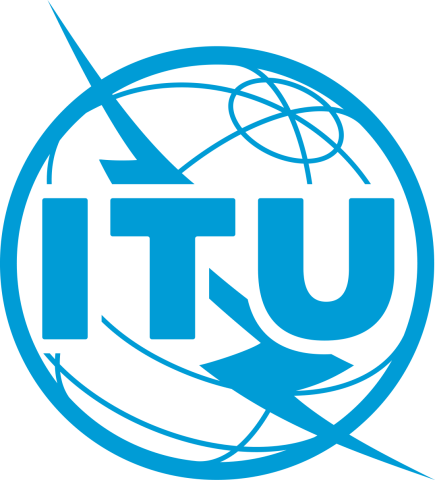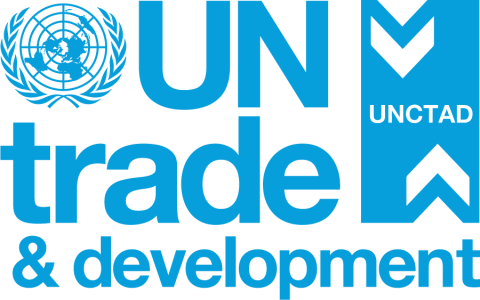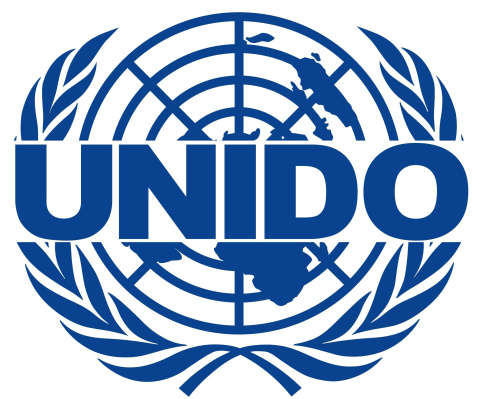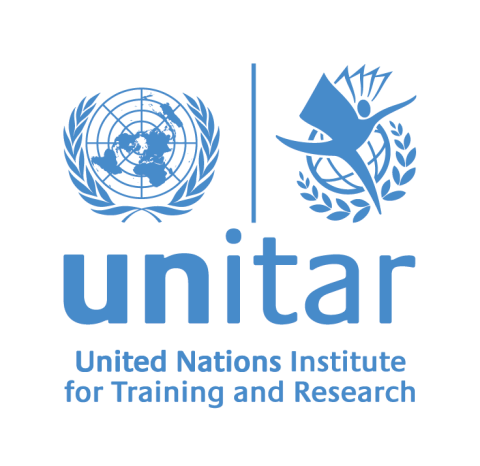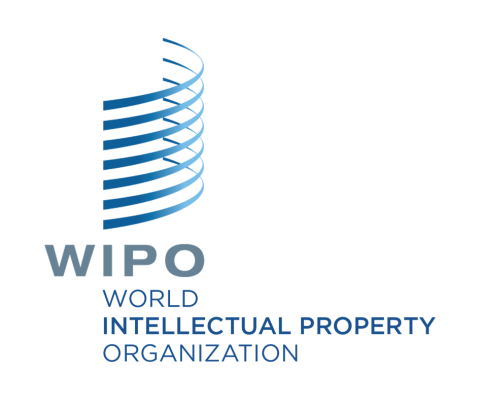
Breadcrumb
- تمت ترجمة هذه الصفحة باستخدام الترجمة الآلية. اقرأ المزيد.
وضع المعايير واللوائح العالمية للتكنولوجيات الناشئة
الاتحاد الدولي للاتصالات (ITU) ، ليس فقط أقدم كيان في منظومة الأمم المتحدة الحالية، بل هو أيضًا الوكالة المسؤولة عن التقنيات الرقمية، يضع المعايير ويقدم توصيات لتنظيم الشبكات العالمية. على سبيل المثال، تُعدّ رموز الدول، المُستخدمة لجميع المكالمات الهاتفية الدولية، معيارًا من معايير الاتحاد. ومن الأمثلة الأحدث نقل مقاطع فيديو عالية الجودة بدقة 4K أو 8K، أو توصية منشورة حول ميزات أنظمة كابلات الألياف الضوئية البحرية. قد تتناول التوصيات الميزات التقنية ومسائل التوافق، بالإضافة إلى متطلبات الأمن والاستدامة للتقنيات المستخدمة.
جعل التقنيات الجديدة متاحة للجميع وربط العالم
من أهداف الاتحاد الدولي للاتصالات تحسين الوصول إلى التقنيات الرقمية للمجتمعات التي لم تصلها بعد. عامًا بعد عام، ترتفع مستويات الاتصال فيما يتعلق بملكية الهواتف المحمولة، وتغطية النطاق العريض، ومستخدمي الإنترنت، مما يتيح لمزيد من الناس الوصول إلى المعلومات أو الأسواق العالمية. ومع ذلك، لا تزال هناك تباينات صارخة بين الرجال والنساء، وبين سكان المناطق الحضرية والريفية، وبين البلدان ذات الدخل المرتفع والمنخفض، كما تُظهر بيانات الاتحاد الدولي للاتصالات لعام ٢٠٢٤ :
68% من الأفراد في جميع أنحاء العالم يستخدمون الإنترنت
(93% في البلدان ذات الدخل المرتفع مقابل 27% في البلدان ذات الدخل المنخفض)
80% من الأفراد في جميع أنحاء العالم يمتلكون هاتفًا
(96% في البلدان ذات الدخل المرتفع مقابل 56% في البلدان ذات الدخل المنخفض)
51% من الأفراد حول العالم مشمولون بشبكات الهاتف المحمول 5G
(84% في البلدان ذات الدخل المرتفع مقابل 4% في البلدان ذات الدخل المنخفض)
تعمل كيانات الأمم المتحدة المختلفة على تحسين الوصول العالمي إلى التكنولوجيات الأحدث، معتقدة أن هذا يساهم في التنمية - على سبيل المثال من خلال تحسين التعليم، أو الوصول إلى الأسواق العالمية، أو حتى إلى الأنظمة المالية.
مثال: مبادرة جيجا
أطلق الاتحاد الدولي للاتصالات، بالتعاون مع منظمة الأمم المتحدة للطفولة (اليونيسف)، مبادرة جيجا (GIGA) بهدف طموح للغاية: ربط جميع مدارس العالم بالإنترنت بحلول عام 2030. في خطوة أولى، تُحدد جيجا خريطة لجميع المدارس، وبيانات وصولها إلى الإنترنت، وجودة الاتصال. بعد ذلك، يعمل المشروع مع الحكومات لوضع نموذج تمويلي وتحديد التفاصيل الفنية اللازمة لربط جميع المدارس بالإنترنت.
منذ إطلاقه في عام 2019، تم رسم خرائط لـ 2.1 مليون مدرسة. وقد تلقت 14500 مدرسة بالفعل المساعدة لتحسين اتصالها، مما أدى إلى حصول 7.79 مليون طفل على وصول أفضل إلى الإنترنت.
استخدام التكنولوجيات لتحقيق أهداف الأمم المتحدة
مع تغير التكنولوجيا، تتغير المجتمعات أيضًا: تستخدم أماكن العمل والمدارس والمكتبات والمطاعم والمستشفيات وسائل جديدة لتحسين أساليب عملها. وتتابع الأمم المتحدة أيضًا الابتكار في جميع المجالات عن كثب، وتقيّم باستمرار ما إذا كانت التكنولوجيات الجديدة قادرة على مساعدة المنظمة على تقديم خدماتها بشكل أفضل، وكيف يمكن ذلك. ويتيح ارتباطها بالأوساط الأكاديمية من خلال مبادرة الأمم المتحدة للأثر الأكاديمي للأمم المتحدة استخدام أحدث نتائج الأبحاث لتطبيقها عمليًا.
قد تكون التعديلات بسيطة، لكن لها تأثيرًا لا يُنكر. على سبيل المثال، صوّت مجلس حقوق الإنسان عام ٢٠٢٤ على إتاحة المشاركة عن بُعد عبر الإنترنت لجميع اجتماعاته. ونتيجةً لذلك، يُمكن للدول الصغيرة التي ليس لها تمثيل في جنيف، وحتى المنظمات غير الحكومية من جميع أنحاء العالم، والتي لا تملك الميزانية الكافية لإرسال مشارك، متابعة الاجتماعات والمساهمة فيها. وهذا يُؤدي إلى تنوع أكبر في الأصوات المُسموعة في المجلس.
تُستخدم التقنيات الحديثة أيضًا لتحسين الخدمات التي تقدمها هيئات الأمم المتحدة للمجتمعات بشكل مباشر. على سبيل المثال، تُحدد مبادرة "الذكاء الاصطناعي من أجل الصالح العام" التي يقودها الاتحاد الدولي للاتصالات، تطبيقات الذكاء الاصطناعي التي يمكن استخدامها لدعم تحقيق أهداف التنمية المستدامة .
التكنولوجيات في المساعدات الإنسانية
إن استخدام التقنيات في مجال المساعدات الإنسانية يُسهم في إنقاذ الأرواح، سواءً من خلال التنبؤ بالكوارث أو تقديم المساعدة عند وقوعها. تستخدم المنظمة العالمية للأرصاد الجوية أقمار رصد الأرض والنماذج الرقمية لتقييم حالة الأرض والتنبؤ بالظواهر الجوية المتطرفة. ويُعد الرصد والتنبؤ أحد ركائز مبادرة الأمم المتحدة للإنذار المبكر للجميع ، والتي تهدف إلى الحد من عدد الضحايا وخسائر الممتلكات أثناء الكوارث الطبيعية. ومن الركائز الأخرى نشر هذه المعلومات للأشخاص المعرضين للخطر. وقد تحقق ذلك بفضل تحسن تغطية الاتصالات. وتعمل المنظمة العالمية للأرصاد الجوية والاتحاد الدولي للاتصالات جنبًا إلى جنب لنشر معلومات الطقس لجميع الأشخاص في المناطق المتضررة.
تعتمد الاستجابة للكوارث بشكل متزايد على التقنيات. على سبيل المثال، تستطيع الطائرات بدون طيار توصيل البضائع والأدوية إلى الأشخاص في المناطق التي يصعب الوصول إليها، ويمكن الآن استخدام الروبوتات لإنقاذ البشر من المناطق التي يصعب على عمال الإنقاذ الوصول إليها.
حماية الابتكارات والمبتكرين
لا تكتفي الأمم المتحدة بتطبيق الاختراعات والأفكار الجديدة، بل تحمي أيضًا مبتكريها. تسجل المنظمة العالمية للملكية الفكرية، ومقرها جنيف، الأفكار والإبداعات والعلامات التجارية والتصاميم، مما يحميها من السرقة أو النسخ غير القانوني من قبل المنافسين. حتى المعارف والثقافات التقليدية للشعوب الأصلية يمكن حمايتها بموجب النظام الدولي للملكية الفكرية.
بالإضافة إلى كونها المرجع لتسجيلات الملكية الفكرية القائمة، فإن دور الويبو هو بمثابة منتدى للدول لوضع سياسات الملكية الفكرية هذه، وللإشراف عبر الحدود، وحلّ النزاعات عند الضرورة. علاوة على ذلك، تُدرّب المنظمة الأفراد والمجموعات والشركات على أفضل السبل لحماية ابتكاراتهم أو شركاتهم. الرسامون والموسيقيون والحرفيون والطاقم الطبي والطهاة: جميعهم يبتكرون، لكنهم لا يعرفون دائمًا كيفية حماية ابتكاراتهم. ولذلك، تُقدّم المنظمة برامج بناء القدرات لجمهور عالمي، بما في ذلك الجامعات والمدارس، لتعزيز الابتكار والإبداع في جميع الأعمار.
الملكية الفكرية بالأرقام
في عام 2023، قدم المتقدمون عددًا قياسيًا بلغ 3.55 مليون طلب براءة اختراع لحماية اختراعاتهم. كما تم تقديم 11.6 مليون طلب علامة تجارية و 1.19 مليون تصميم صناعي.
الحوكمة العالمية
تُحدث التقنيات الرقمية تحولات جذرية في عالمنا. فهي تُتيح فوائد هائلة تُسهم في رفاهية وتقدم الناس والمجتمعات، بل وكوكبنا أيضًا. كما أنها تُبشر بتسريع تحقيق أهداف التنمية المستدامة.
البيان أعلاه هو الفقرة الأولى من الميثاق الرقمي العالمي ، وهو اتفاق تفاوضت عليه جميع الدول الأعضاء الـ 193 في سبتمبر 2024 لتحديد أهداف وقواعد عالمية للفضاء الرقمي. تهدف الأمم المتحدة إلى "مستقبل رقمي شامل، مفتوح، مستدام، عادل، آمن للجميع"، كما هو منصوص عليه في الميثاق الرقمي العالمي. ويشترط لتحقيق ذلك اتفاق المجتمع العالمي على مجموعة مشتركة من القيم في مجال التكنولوجيا.
ولتحقيق هذه الغاية، دعت الأمم المتحدة المجتمع الدولي للانضمام إلى الميثاق - حيث يمكن للمنظمات غير الحكومية أو الجمعيات والأوساط الأكاديمية والمؤسسات الحكومية المساهمة في جعل التقنيات الرقمية في متناول الجميع ومفيدة للجميع.
بعد اعتماد الميثاق الرقمي العالمي، أُنشئ مكتبٌ للتقنيات الرقمية والناشئة داخل الأمانة العامة للأمم المتحدة لتعزيز تنفيذ الميثاق. وهذا يُؤكد أهمية هذا الموضوع للأمم المتحدة وأعضائها.
الأهداف الخمسة للميثاق
- سد جميع الفجوات الرقمية وتسريع التقدم في تحقيق أهداف التنمية المستدامة
- توسيع نطاق الشمول والاستفادة من الاقتصاد الرقمي للجميع
- تعزيز مساحة رقمية شاملة ومفتوحة وآمنة ومأمونة تحترم حقوق الإنسان وتحميها وتعززها
- تعزيز نهج حوكمة البيانات المسؤولة والمنصفة والمتوافقة
- تعزيز الحوكمة الدولية للذكاء الاصطناعي لصالح البشرية
حماية الأطفال على الإنترنت
الأطفال والشباب فئةٌ تحتاج إلى حمايةٍ خاصة في الفضاء الرقمي. وقد وضع الاتحاد الدولي للاتصالات إرشاداتٍ لحماية الأطفال على الإنترنت، تتضمن اقتراحاتٍ لسياساتٍ وطنيةٍ وقطاعيةٍ لحماية الأطفال.
تتضمن الإرشادات أيضًا برامج تدريبية للأطفال من مختلف الأعمار، بالإضافة إلى معلومات للآباء والمعلمين. بفضل معرفتهم بفرص ومخاطر الوسائط الرقمية، وتزويدهم بمصادر للمساعدة، يُمكّنهم ذلك من استخدام الإنترنت دون الوقوع ضحية بسهولة.
منظمات الأمم المتحدة العاملة في مجال الابتكار والتكنولوجيا
الوكالة الدولية للطاقة الذرية هي المركز العالمي للتعاون في المجال النووي. تم تأسيسها كمنظمة "الذرة من أجل السلام" في العالم في عام 1957 داخل أسرة الأمم المتحدة. تعمل الوكالة مع دولها الأعضاء والعديد من الشركاء في جميع أنحاء العالم لتعزيز التقنيات النووية الآمنة والمأمونة والسلمية.
منظمة العمل الدولية هي وكالة الأمم المتحدة لعالم العمل. فهو يجمع بين الحكومات وأصحاب العمل والعمال لدفع نهج محوره الإنسان لمستقبل العمل من خلال خلق فرص العمل ، والحقوق في العمل ، والحماية الاجتماعية والحوار الاجتماعي.
الاتحاد الدولي للاتصالات (ITU) هو وكالة الأمم المتحدة المتخصصة في مجال التقنيات الرقمية. وهي تقود الابتكار في مجال تكنولوجيا المعلومات والاتصالات مع 194 دولة عضوًا وأكثر من 1000 شركة وجامعة ومنظمة دولية وإقليمية.
ومن شبكات النطاق العريض إلى التكنولوجيات اللاسلكية المتطورة، والملاحة الجوية والبحري، [...]
الأمم المتحدة التجارة والتنمية (UNCTAD) هو مؤسسة الأمم المتحدة الرائدة التي تتعامل مع التجارة والتنمية. وهي هيئة حكومية دولية دائمة أنشأتها الجمعية العامة للأمم المتحدة في عام 1964. يدعم الأونكتاد البلدان النامية في الوصول إلى فوائد الاقتصاد المعولم بشكل أكثر إنصافًا وفعالية. وهو يوفر التحليل [...]
يعمل مكتب الأمم المتحدة للحد من مخاطر الكوارث (UNDRR) من أجل الحد بشكل كبير من مخاطر الكوارث والخسائر لضمان مستقبل مستدام. UNISDR (المعروف سابقًا باسم UNISDR) هو النقطة المحورية لمنظومة الأمم المتحدة للحد من مخاطر الكوارث والوصي على إطار سنداي ، حيث يدعم البلدان والمجتمعات في تنفيذه ورصده ومراجعته.
تم إنشاء لجنة الأمم المتحدة الاقتصادية لأوروبا (UNECE) في عام 1947 من قبل المجلس الاقتصادي والاجتماعي. وهي واحدة من خمس لجان إقليمية تابعة للأمم المتحدة. هدفها الرئيسي هو تعزيز التكامل الاقتصادي لعموم أوروبا.
أنشئ مكتب اتصال اليونسكو في جنيف (GLO) في عام 1979 من أجل الاتصال بين اليونسكو ومكتب الأمم المتحدة في جنيف (UNOG)، ووكالات الأمم المتحدة المتخصصة الموجودة هنا (مثل منظمة الصحة العالمية، ومنظمة العمل الدولية، والاتحاد الدولي للاتصالات، والمنظمة العالمية للملكية الفكرية، والمنظمة العالمية للأرصاد [...]
اليونيدو هي وكالة متخصصة تابعة للأمم المتحدة تعمل على تعزيز التنمية الصناعية من أجل الحد من الفقر والعولمة الشاملة والاستدامة البيئية.
يقدم معهد الأمم المتحدة للتدريب والبحث (UNITAR) ، باعتباره ذراع تدريب مخصص لمنظومة الأمم المتحدة ، حلولًا تعليمية مبتكرة للأفراد والمنظمات والمؤسسات لتعزيز صنع القرار العالمي ودعم العمل على المستوى القطري من أجل تشكيل مستقبل أفضل.
تم إنشاء معهد الأمم المتحدة للتدريب والبحث (UNITAR) في عام 1963 [...]
يساعد مكتب الأمم المتحدة لخدمات المشاريع الأمم المتحدة وشركائها على توفير حلول السلام والأمن والحلول الإنسانية والإنمائية. مهمتهم هي مساعدة الناس على بناء حياة أفضل والبلدان على تحقيق السلام والتنمية المستدامة.
وهي تركز على التنفيذ ، وتلتزم بقيم الأمم المتحدة وكفاءة القطاع الخاص ، وهي الجزء الوحيد [...]
المنظمة العالمية للملكية الفكرية (الويبو) هي وكالة متخصصة تابعة للأمم المتحدة. وهي مكرسة لتطوير نظام ملكية فكرية دولي متوازن ويمكن الوصول إليه يكافئ الإبداع ويحفز الابتكار ويساهم في التنمية الاقتصادية مع الحفاظ على المصلحة العامة.

